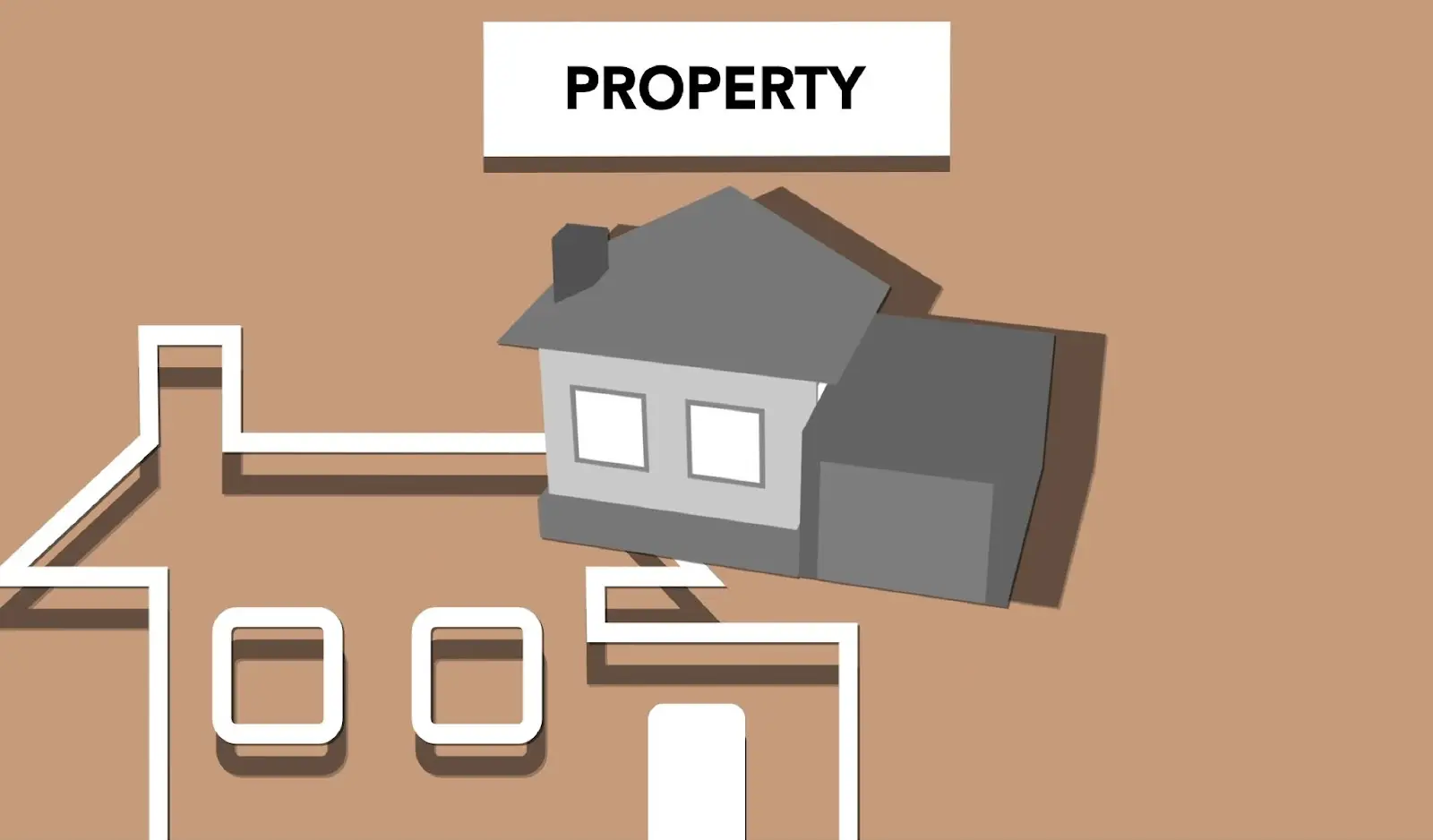Understanding Child Custody Arrangements: Types and Considerations
Child custody arrangements are crucial in divorce proceedings, as they determine where children will live and how decisions about their upbringing will be made. Understanding the different types of custody—legal, physical, sole, and joint—can help parents navigate this complex aspect of family law.
For instance, joint custody allows both parents to share decision-making responsibilities, fostering collaboration even after separation. In contrast, sole custody grants one parent the authority to make significant decisions regarding the child's welfare. Each arrangement has its implications, and it's essential for parents to understand which option best suits their family's needs.
Preparing for Your Divorce Consultation: Essential Questions to Ask
When preparing for a divorce consultation, it's important to have a list of questions ready to ensure you cover all necessary aspects of your case. This preparation can help you gain clarity on the process, potential outcomes, and the legal strategies available to you.
Key questions might include inquiries about the attorney's experience with similar cases, how they approach negotiation and litigation, and what the expected timeline looks like. Additionally, asking about fees and payment structures can help you make informed decisions about legal representation during this challenging time.
Post-Divorce Financial Planning: Steps to Secure Your Future
Post-divorce financial planning is essential for individuals looking to rebuild their lives after separation. This process involves assessing your current financial situation, including income, expenses, and any debts incurred during the marriage.
Creating a budget and setting financial goals can help you navigate this new chapter. Additionally, understanding how divorce impacts your credit score and making adjustments to your financial habits can pave the way for a more secure future. Consulting with a financial advisor can provide tailored strategies to help you achieve long-term financial stability.
The Role of Mediation in Divorce: Benefits and Process
Mediation is an alternative dispute resolution process that can be beneficial during divorce proceedings. It allows couples to negotiate terms amicably with the assistance of a neutral third party, often resulting in less conflict and a more collaborative atmosphere.
Engaging in mediation can lead to quicker resolutions and lower legal fees compared to traditional litigation. It empowers both parties to express their needs and reach mutually agreeable solutions regarding child custody, asset division, and other critical issues, ultimately fostering a more positive post-divorce relationship.
Understanding Child Custody Arrangements: Types and Considerations
Child custody arrangements are crucial in divorce proceedings, as they determine where children will live and how decisions about their upbringing will be made. Understanding the different types of custody—legal, physical, sole, and joint—can help parents navigate this complex aspect of family law.
For instance, joint custody allows both parents to share decision-making responsibilities, fostering collaboration even after separation. In contrast, sole custody grants one parent the authority to make significant decisions regarding the child's welfare. Each arrangement has its implications, and it's essential for parents to understand which option best suits their family's needs.
Preparing for Your Divorce Consultation: Essential Questions to Ask
When preparing for a divorce consultation, it's important to have a list of questions ready to ensure you cover all necessary aspects of your case. This preparation can help you gain clarity on the process, potential outcomes, and the legal strategies available to you.
Key questions might include inquiries about the attorney's experience with similar cases, how they approach negotiation and litigation, and what the expected timeline looks like. Additionally, asking about fees and payment structures can help you make informed decisions about legal representation during this challenging time.
Post-Divorce Financial Planning: Steps to Secure Your Future
Post-divorce financial planning is essential for individuals looking to rebuild their lives after separation. This process involves assessing your current financial situation, including income, expenses, and any debts incurred during the marriage.
Creating a budget and setting financial goals can help you navigate this new chapter. Additionally, understanding how divorce impacts your credit score and making adjustments to your financial habits can pave the way for a more secure future. Consulting with a financial advisor can provide tailored strategies to help you achieve long-term financial stability.
The Role of Mediation in Divorce: Benefits and Process
Mediation is an alternative dispute resolution process that can be beneficial during divorce proceedings. It allows couples to negotiate terms amicably with the assistance of a neutral third party, often resulting in less conflict and a more collaborative atmosphere.
Engaging in mediation can lead to quicker resolutions and lower legal fees compared to traditional litigation. It empowers both parties to express their needs and reach mutually agreeable solutions regarding child custody, asset division, and other critical issues, ultimately fostering a more positive post-divorce relationship.











